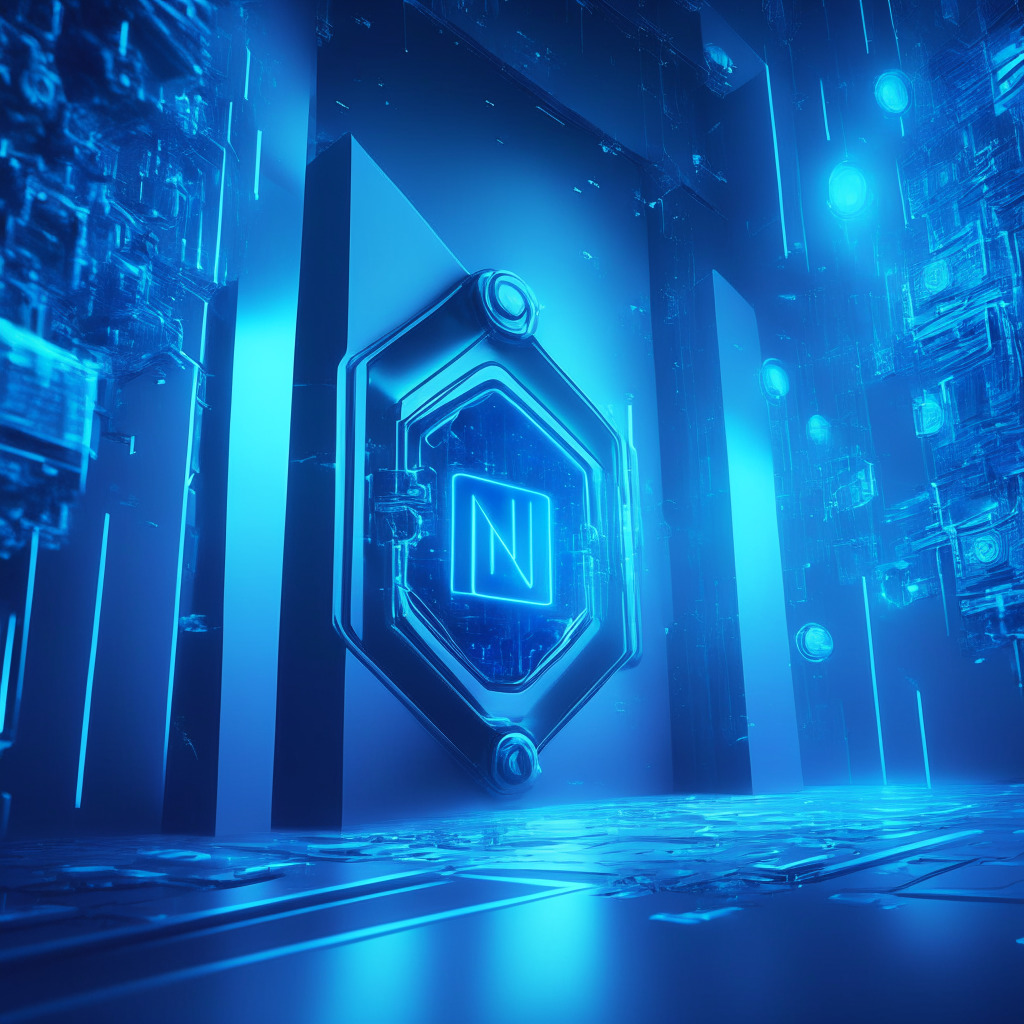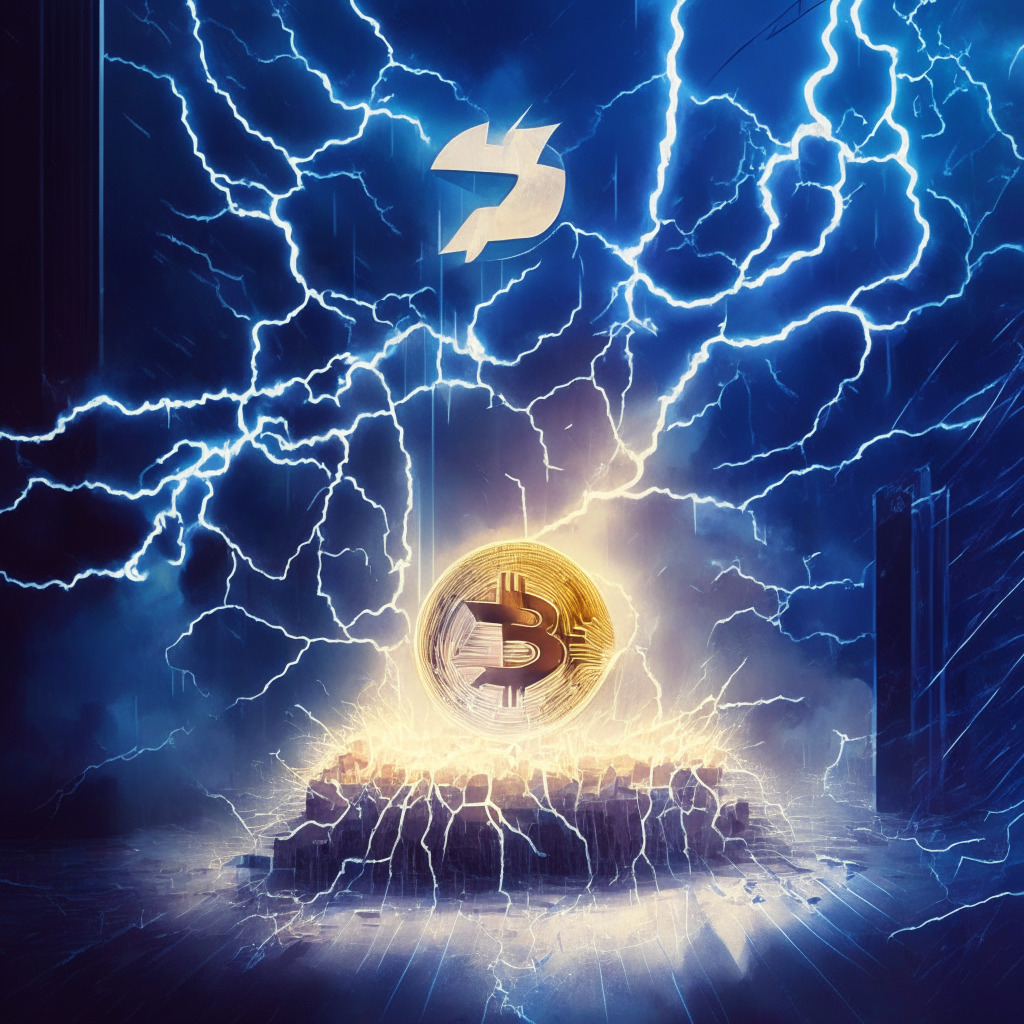In a recent development, Shiba Inu ecosystem developers announced their plans for an innovative service that enables users to link real-world assets to non-fungible tokens (NFTs) as proof of ownership. This is part of their upcoming Shibarium ecosystem, which focuses on metaverse and NFT applications. The layer 2 blockchain, set to launch later this year, will utilize SHIB, BONE, and LEASH tokens for its operations.
The new feature, dubbed “Shibacals: Authenticated Collectibles,” aims to address a concern in the NFT world – validating the ownership of physical objects. To tackle this issue, Shibacals will use Near Field Communication (NFC) chips to digitally authenticate physical items, potentially increasing their value as collectible assets. NFC technology allows devices to wirelessly interact over very short distances.
Using Shibacals, users can generate a unique tag for a physical item, such as a T-shirt, which ties it to their NFT collection. This connection verifies that the owner of the T-shirt and the NFT are the same person. When the product is resold, the tags can be checked on the blockchain, helping buyers distinguish between genuine items and replicas. According to the developers, this system could be used for verification on any blockchain, not just Shibarium.
While the NFT market has gained popularity due to the verifiable ownership and scarcity of digital tokens, proving the authenticity of tangible items remains problematic. As the mass adoption of NFTs progresses and the focus of fraudsters moves from digital wallets to physical objects, verified ownership becomes increasingly important. This is where the Shibacals solution shines, offering a layer of protection for both collectors and creators.
However, the solution does raise some potential concerns. While the connection between physical items and NFTs addresses ownership verification, it also introduces questions of security and privacy for users. The technology’s reliance on the blockchain means that users’ interactions with their assets could potentially be public, leading to increased scrutiny and potential misuse of information.
In addition, the adoption of Shibacals as a verification method hinges on the broader acceptance and growth of the NFT market. While the technology may alleviate some concerns, it remains to be seen whether this solution will see a widespread adoption or simply remain a niche offering.
Despite potential drawbacks, excitement for Shibacals contributed to a surge in Shiba Inu ecosystem tokens. SHIB saw the most significant gain, rising 11% among major tokens, while BONE and LEASH increased by 9% and 5.5%, respectively.
As the Shibarium ecosystem moves closer to its launch date, the success of Shibacals and similar services will largely depend on their ability to adapt in this rapidly evolving market.
Source: Coindesk




